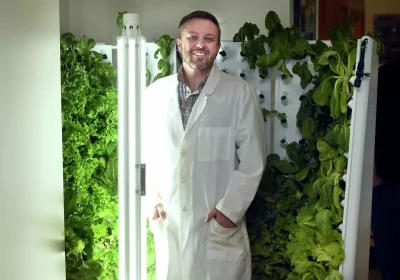We proudly announce the recipients of the 2025 graduate and undergraduate student summer fellowships. These distinguished fellowships are made possible by some very generous donors and are offered on a competitive basis to the most highly qualified students.
Please join us in congratulating them on their accomplishments and demonstrated academic promise.
Claire M. Berg Graduate Fellowship in Genetics
Emily Fuller
Kaylah Samuelson
Katherine Fleck
Richard C. Crain, Jr. Memorial Fellowship
Antonio Rua
Morgan Wagner
Cross-Disciplinary Fellowship in MCB and Pharmaceutical Sciences
Michael Samuelvich
Dr. Edward A. and Dr. Lamia H. Khairallah Graduate Fellowship
Jing Jin (Pharm)
Liam Caran (Pharm)
Nilesh Malavia (Pharm)
Jean Lucas-Lenard Special Summer Fellowship in Molecular Cell Biology
John Briseno
Helena Heyer-Gray
Julia Jerolamon
Derek Svendsen
Caroline Viera da Silva
Sarah Pasqualetti
Jean Lucas-Lenard Special Summer Fellowship in Biochemistry
Josh Berthiamue
Lee Dollar
Tristan Evans
Brenden Griffith
Russ Hanson
Philip I. Marcus Graduate Student Fellowship in Virology
Samantha Peterson
Josh Calabrese
Pfizer Summer Fellowship in Molecular and Cell Biology
Camille Pearce
Danielle Arsenault
Antonio H. & Marjorie J. Romano Graduate Educa on Fellowship
Derrick Kamp
Steven Klimetz
Alexander Poulter
Todd M. Schuster Award in Molecular and Cell Biology
Rilee Harris
Muhammad Faisal
Biohaven Pharmaceuticals Fellowship
Ryan Drennan
Michael Griffith
Michelle Lin
Shania Kalladanthyil
Daniel Phillips

 the Flex Farm vertical farm, which has been operational since mid-September. He has recruited students who have shown interest in the vertical farm to help with the production and harvesting.
the Flex Farm vertical farm, which has been operational since mid-September. He has recruited students who have shown interest in the vertical farm to help with the production and harvesting.